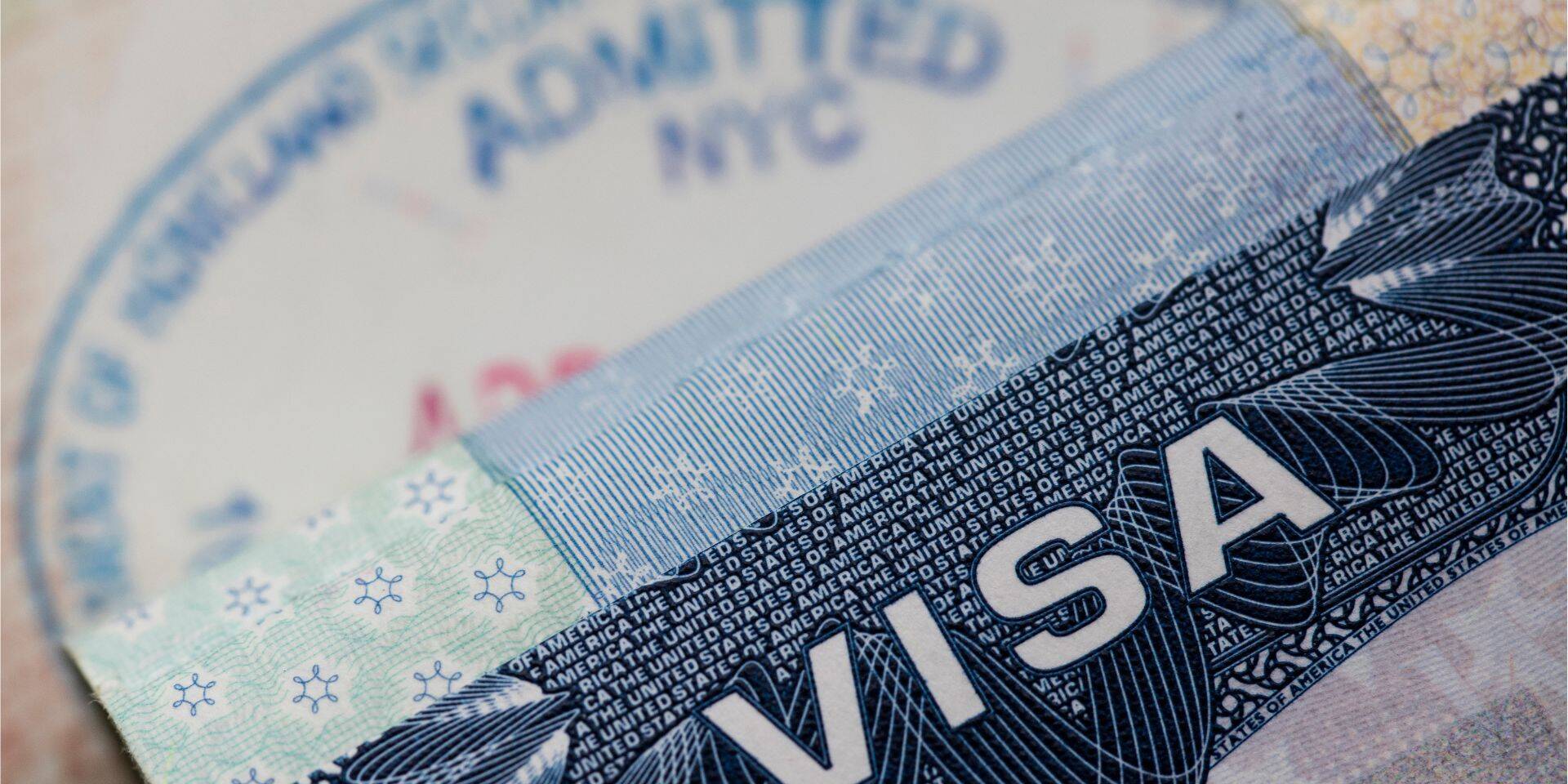While Covid-19 has certainly had an impact on the H-1B program in terms of access to actual visas due to consulate closures and geographic travel suspensions, the question remains whether the U.S. will still need high-skilled foreign workers in a post-pandemic economy. With remote work now normalized and the possibility of keeping resources offshore, will employers resume filing H-1B visas when regular travel and visa stamping is possible again? New research from the New American Economy says yes.
In fact, the research confirms that the Covid-19 pandemic has had limited impact on the industries that rely on H-1B visas the most, including information technology. The New American Economy’s study, “Covid-19’s Impact on the American Economy: How Demand in Sectors Dependent on Specialty Skills Changed Due to Covid-19,” looked at a combination of datasets, including LCA data from the Department of Labor. The study showed that employers of IT-related workers continued to file LCAs and hire specialty occupation workers using the H-1B program even at the height of the pandemic. IT-related positions made up 69.9% of all foreign labor requests in FY 2020, which is a slightly higher figure than we saw in FY 2019. This shows that not only was this area not negatively impacted, it actually grew.
Unemployment data from the Bureau of Labor Statistics (BLS) supports these findings as well, confirming that the labor market for highly skilled jobs remains tight. Significantly, the unemployment rate for IT-related workers is now lower (only 1.9%) and the overall number of employed computer-related professionals is now higher than it was at the beginning of the pandemic in March 2020. Taken together, the LCA data and unemployment data signal that demand for IT workers in the U.S. remains high. The supply, on the other hand, cannot keep up. Without enough U.S. workers to fill these roles, companies rely on highly skilled foreign workers.
As the Covid-19 pandemic subsides and travel restrictions ease, we can expect that the U.S.’ reliance on the H-1B program for highly skilled workers will only continue. The ability to hire the workers needed for highly specialized roles will be critical to the U.S.’ economic recovery, which is a priority for the U.S. government. To this end, it’s possible that lawmakers may favor immigration-friendly policies, particularly for employment-based immigration. We have already seen many restrictive policies rescinded or eased by the current administration, which likely signals a more positive outlook in this area going forward.
As always, ILBSG will keep its clients updated on any developments in this area. If you have questions about hiring foreign talent, contact us. We are here to help.
Related Posts
May 15, 2025
Federal Judge Denies Granting Nationwide Relief for F-1 Visa Students
A federal judge placed an injunction on…
May 15, 2025
Sixty-Five Percent Rejection for FY2026 H-1B Visa Cap
Registrants for the FY2026 H-1B visa…
May 14, 2025
June 2025 Visa Bulletin: Modest EB-2 and EB-3 Movement, Slight F-4 Movement
The June 2025 visa bulletin will see…



